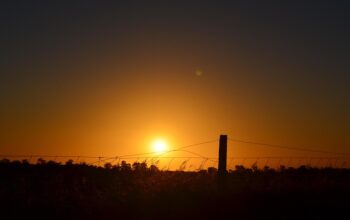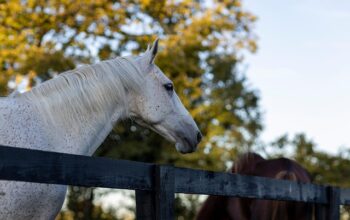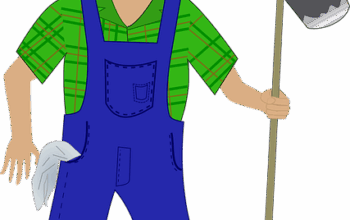Fencing farm safety requires understanding and adhering to local regulations regarding fence type, height, and placement. Well-designed, maintained fences prevent accidents, manage livestock movement, and protect farms from unauthorized access. Regular inspections, prompt repairs, and using durable materials like steel, wood, or vinyl ensure long-lasting protection against weather and wear. Integrating electric fencing adds extra security. Regular maintenance, including cleaning and protective treatments, extends fence lifespan for effective livestock containment and farm safety.
Fencing plays a vital role in farm safety, defining property boundaries and keeping livestock contained. With stringent regulations in place to ensure animal welfare and environmental protection, understanding and adhering to fencing farm safety measures is crucial. This comprehensive guide delves into the essentials of farm fencing regulations, explores safety precautions for perimeter fences, offers insights on choosing durable materials, and provides maintenance tips to extend the lifespan of your farm’s protective barriers.
- Understanding Farm Fencing Regulations
- Safety Measures for Farm Perimeter Fencing
- Choosing Suitable Fence Materials
- Maintaining Fencing for Longevity and Security
Understanding Farm Fencing Regulations
Fencing farm safety measures are essential components in ensuring the well-being of both farmworkers and livestock. Understanding fencing regulations specific to farming operations is crucial for adhering to local laws and maintaining a secure environment. These regulations often dictate the type, height, and placement of fences, aiming to prevent accidents, control animal movement, and safeguard nearby communities from potential hazards.
Farmers must stay informed about building codes and safety standards related to fencing. This includes considerations like using sturdy materials that can withstand local weather conditions and ensuring proper maintenance. By adhering to these regulations, farmers can create a robust physical barrier that protects their assets while promoting the safe and efficient operation of their farming business.
Safety Measures for Farm Perimeter Fencing
When it comes to fencing farm safety, securing the perimeter is paramount. Well-designed and maintained fences serve as a crucial barrier between livestock, crops, and potential hazards. Consider high-visibility materials like bright colors or reflective tape to mark boundaries, enhancing visibility for both farmers and visitors.
Regular inspections are essential to identify weak spots or damage. Prompt repair of frayed wires, broken posts, or gaps in the fence ensures animals remain contained while preventing intruders from gaining unauthorized access. Additionally, integrating electric fencing components can provide an extra layer of protection, deterring animals from entering restricted areas and enhancing overall farm safety.
Choosing Suitable Fence Materials
When it comes to fencing farm safety measures, selecting the right materials is a critical first step. Opting for durable and robust options ensures both longevity and security for your farm. Traditional choices like steel or wood offer reliability and can withstand various weather conditions, making them ideal for fencing farm perimeters.
For a modern approach, vinyl fencing has gained popularity due to its low maintenance and attractive finishes. This option is particularly appealing for those seeking an aesthetically pleasing solution without compromising on safety. Consider the specific needs of your farm, such as privacy, noise reduction, or protection from wildlife, when choosing materials to create a safe and efficient fencing farm system.
Maintaining Fencing for Longevity and Security
Fencing farm safety begins with regular maintenance of your fence structures. Over time, fences can degrade from weather exposure, animal activity, and general wear and tear. Regular inspection is key to identifying and addressing issues early on, such as loose or damaged posts, rails that are becoming loose, or rot in wooden components. Prompt repair not only extends the lifespan of your fencing but also ensures its integrity for keeping livestock contained or intruders out.
Proper maintenance practices include cleaning the fence lines of debris and vegetation regularly to prevent fires and improve visibility. Additionally, applying appropriate treatments like paint or sealant can protect against water damage and UV exposure, further enhancing the longevity of your fencing farm investment.
Fencing farm safety is a multifaceted concern that involves understanding local regulations, implementing robust perimeter security, and selecting durable materials. By adhering to these measures, farmers can ensure the longevity and integrity of their fences while enhancing overall farm safety. Regular maintenance plays a crucial role in preserving the structural soundness of fencing, making it an essential component of any farm’s comprehensive safety strategy. Incorporating these practices will help safeguard your farm, livestock, and property for years to come.




